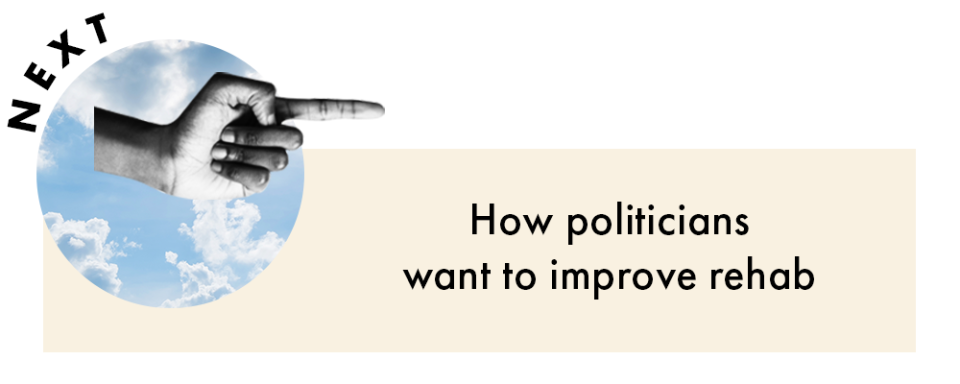How to Pick the Right Rehab Program for You

Because you’ve got enough to deal with, Neeraj Gandotra, MD, chief medical adviser at Delphi Behavioral Health Group in Fort Lauderdale, Florida, demystifies your options and helps you find a drug and alcohol treatment program where you’ll thrive.

Anyone can open a rehab. Beware of shady operators.
They bribe you.
Some “rehabs” promise airfare or other perks. Reputable places don’t do this.
They flaunt high success rates.
There’s no real way for rehabs to track who relapses. “Any facility that says they have a 90 percent success rate probably isn’t telling the truth or gathering accurate follow-up data,” says Stephen Taylor, MD, chief medical officer of the behavioral health division at Pathway Healthcare in Birmingham, Alabama.
There is no accreditation on their website.
A rehab should have either JCAHO (Joint Commission on Accreditation of Healthcare Organizations) or CARF (Commission on Accreditation of Rehabilitation Facilities).
They promise to “improve your character.”
Uh, hard pass. “This approach isn’t even close to being evidence-based and it reinforces stereotypes about addiction instead of treating it like the disease that it is,” says Dr. Taylor.
They woo you with green juice.
“High-end places aren’t automatically bad, but don’t be distracted by things like a beachfront property or equine therapy,” Dr. Taylor says. Ask about the accreditation and medical staff first (you want full-time MDs, not one doc who pops in once a week to write some RXs).


Should you...take out a loan or go for the cheap program?
Expensive isn’t always better (maybe you don’t need a five-star chef), but some spots are worth the splurge. If the pricey place is the only one you can get into that’s actually certified, take out the loan, says Dr. Taylor.
Should you...travel cross-country or stay close?
Be honest about whether the people around you are helpful or harmful. If you have a strong family or community that supports your sobriety, great. (Bonus: A local rehab will hook you up with outpatient services in the area.) If not, you may want to remove yourself from the situation, says Dr. Taylor.
Should you...wait a few weeks for a women’s-focused program or go to the coed place with an opening now?
Get the best care you can right away. Women’s-only rehab is ideal (the treatment methods are aimed at women and also address traumas like sexual assault and domestic violence). “But when you decide you want help, there’s a window of opportunity to get it before you may start using again,” says Dr. Taylor. If you go coed, ask about women’s groups and workshops.
Should you...go for a religious program or a secular one?
You’ll find a lot of faith-based rehab in the U.S.—and religion can help: Women surveyed for a Harm Reduction Journal study said spirituality was an important part of their recovery. But if you’re gonna be rolling your eyes the whole time, you probably won’t get a ton out of the experience. Taylor says the best programs have spiritual components as an option, not a requirement.



You Might Also Like
